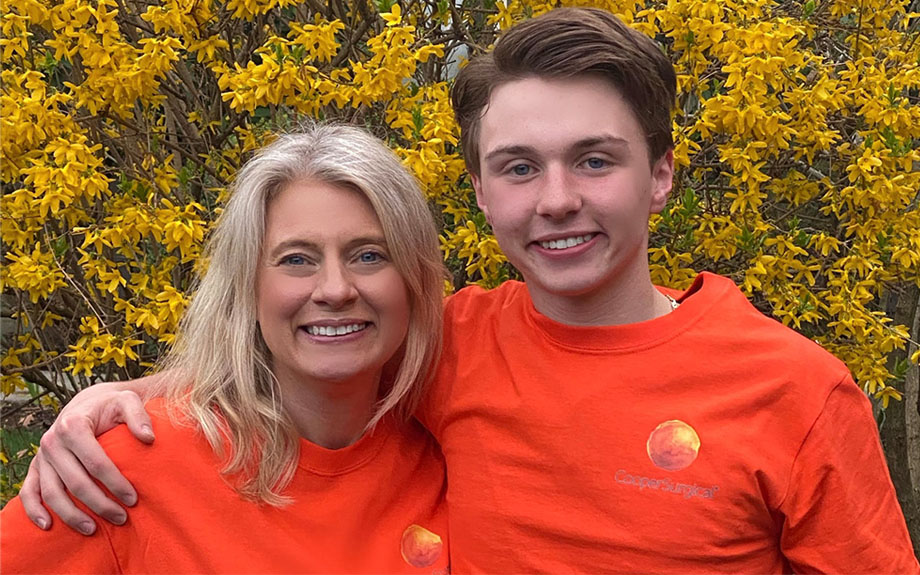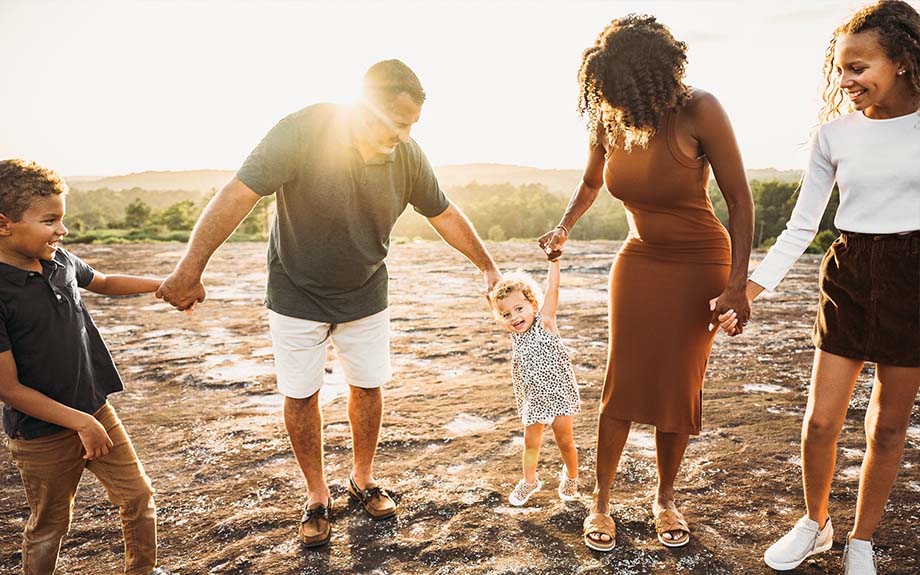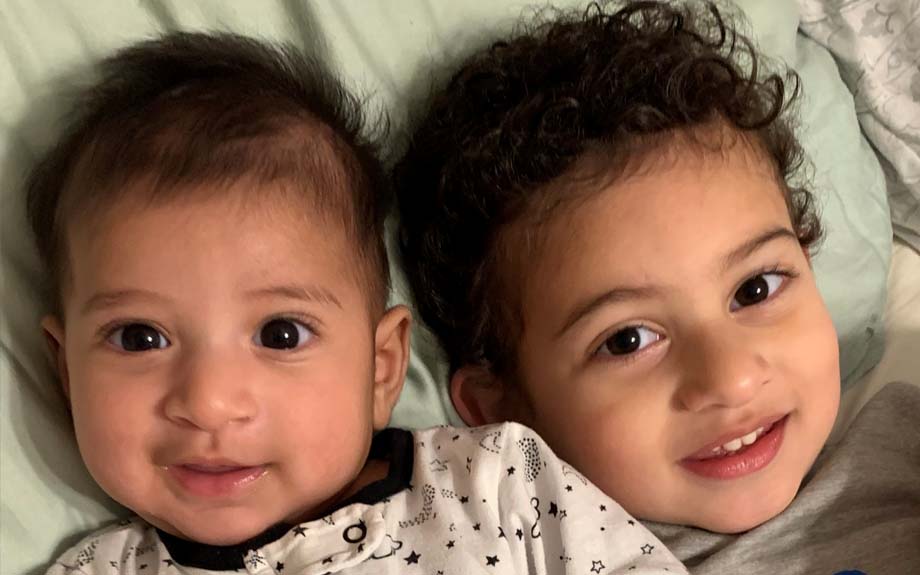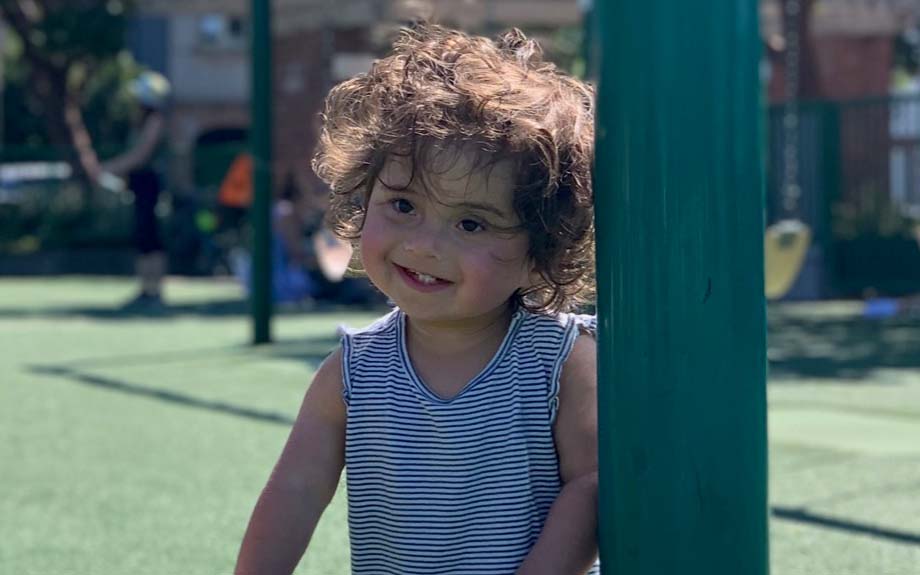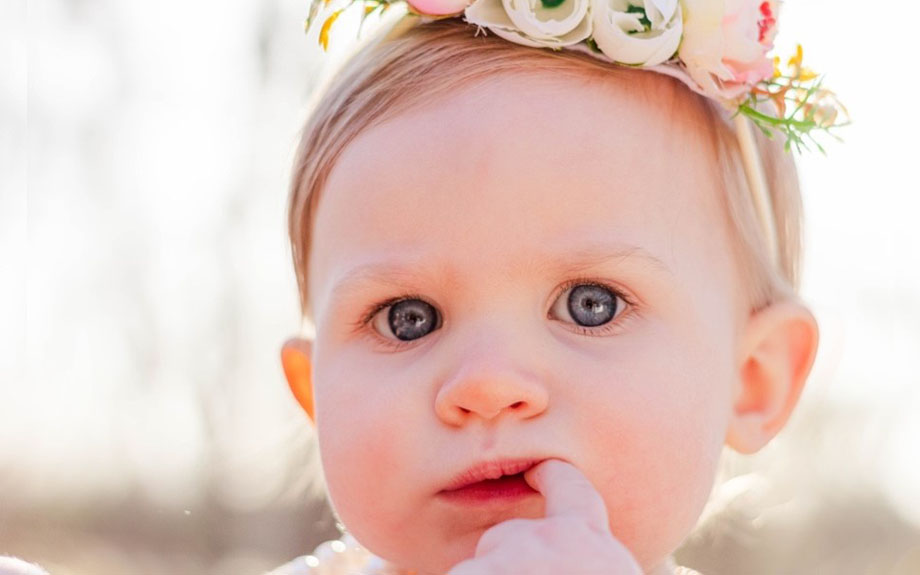Did you know that 1 in 8 couples worldwide has trouble getting pregnant or sustaining a pregnancy? In honor of National Infertility Awareness Week, we’ve encouraged our employees to share their stories of infertility, parenting, and journeys to parenthood. Infertility does not discriminate and we hope these stories can help others know they are not alone.
“I always wanted to have kids, and I wanted to have a big family. That was my plan. Instead of with a briefcase, I imagined myself with a minivan, six kids, and a baseball cap”

I didn’t get married or start considering having children until I was turning 35. I knew the odds I was facing because I worked as an embryologist; I worked at Saint Barnabas in Livingston and I did all of my screenings and tests there.
I did several IUIs, and I felt very fortunate to get pregnant during the first set. I had a very complicated pregnancy with many hiccups but finally made it to the finish line and had my son, Jackson.
After a couple of years, I realized that I had to start thinking about having another child based on my age. But I didn’t think it would be complicated because I had got pregnant the first time with an IUI and, if that didn’t work, I thought I could always have IVF. Jackson started asking for a brother and a sister, and I desperately tried to make that happen. Working as an embryologist, I wasn’t very sensitive towards people who had secondary infertility. I would think you have three kids, and you’re coming back? Why are you putting yourself through this again? But, once I was in those shoes I realized that, for me, one child didn’t feel enough and it was frustrating not being able to conceive again, so I moved onto IVF.
When I went through IVF, I was 37 or 38. I did PGT testing, which was called PGD back then, and I found out that I didn’t have any normal (euploid) embryos. It was quite alarming that I didn’t have any embryos to even transfer in such a short time since my IUI. So, I pursued IVF one more time.
I found the IVF process very overwhelming. I think because I worked as an embryologist, I had taken for granted that I knew the process. I didn’t think it would be a big deal. But, trying to fit the daily monitoring into my already busy schedule whilst working full-time was a lot to handle. It was emotional, and the hormones affected the way I felt.
It was challenging going through the process again for another retrieval. We found out that, again, I didn’t have any normal embryos to transfer. So, that was two IVF cycles with no normal embryos to transfer. I considered going through a third cycle because, at that point, it became a bit like a mission I felt I needed to overcome.
“For two years, I felt this intense pressure from my peers, family, and even my son who kept asking, ‘when am I getting a brother or sister?'”
At times, I just felt like such a failure because I thought I couldn’t give my son a brother or sister, I worked in this field and I should be able to fix it. It created a lot of anxiety and many feelings of failure, and it took a while for these feelings to go away.
At the same time, my son was getting older and I started to see my ability to balance my career and being a mom to Jackson as more of a challenge. When I decided not to pursue IVF further, I realized what a personal decision it was. It took away my judgment of people who might be going through IVF for their third or fourth child because it is an individual’s decision.
Secondary infertility can be just as difficult as primary infertility. The decision to say ‘I’m not going to pursue this anymore’ is hugely personal, and there’s no one format for that. Some people might do 10 IVF cycles before they give up. Everybody has a different level of what they can do. I talk to so many women with one child, and they say, ‘well, that wasn’t my plan,’ and I’m like, ‘Oh it wasn’t my plan either.’
Now, looking back on it, I am happy with the way things turned out. There are advantages to having a smaller family. But, when you’re trying to build your family, it doesn’t feel that way. I think you have to honor that for the secondary infertility community.

